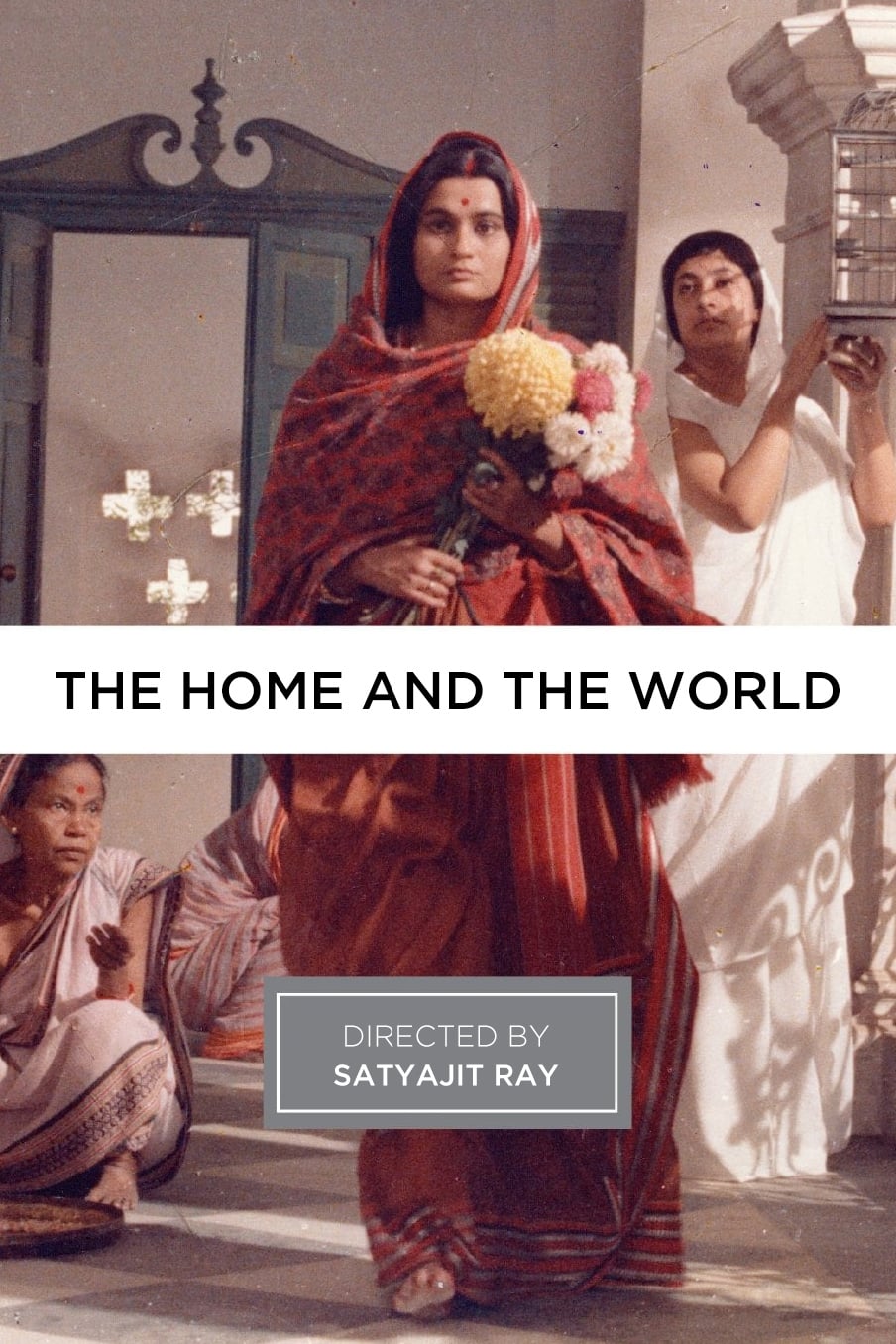

Runtime
Category
Language
Director
Actors
The Home and the World
Watch it Later
Watch it On
What's it About
Bimala (Chatterjee) has lived her whole married life according to purdah, the Hindu custom of cloistering women from the outside world. Her progressive husband Nikhil (Banerjee) encourages her to expand her horizons, even introducing her to his childhood friend Sandip (Chatterjee). Sandip is at the front of the Swadeshi Nationalist movement and has radical political leanings. Bimala becomes intrigued by Sandip’s ideas, and then drawn to the man himself.
Why we love it
Set a couple of years after the 1905 partition of Bengal, the central love triangle in Ray’s film mirrors the country’s religious and ideological divisions. The director had wanted to adapt Rabindramath Tagore’s 1916 novel for 30 years; his maturity as a filmmaker comes through in the stately, measured progression of feelings between the leads, and in his casting of long-time collaborator Chatterjee (The Apu Trilogy). Politics and love collide, intermingle and soar in this late-day work from the Indian master.
